gardening vs landscaping
edzard
19 years ago
Related Stories
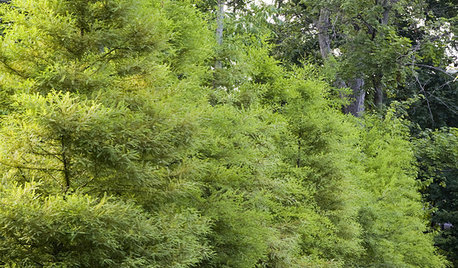
GARDENING AND LANDSCAPINGGreat Design Plant: Bald Cypress
Enjoy this beautiful tree's feathery foilage, fall color and tolerance of wet and dry soils
Full Story
GOLD FOLIAGEGreat Design Plant: Feather Reed Grass
Use this ornamental grass for height, color, texture and motion in your landscape
Full Story
GARDENING GUIDESGreat Design Plant: Sea Holly
Its spiky appearance can be intimidating at first, but sea holly's range of climate tolerances and vivid color make it a landscape winner
Full Story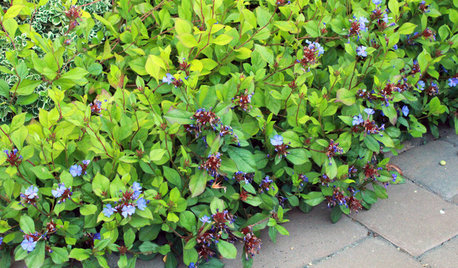
GARDENING GUIDESGreat Design Plant: Plumbago
A multifacted ground cover with an enormous range, plumbago solves landscape problems with panache
Full Story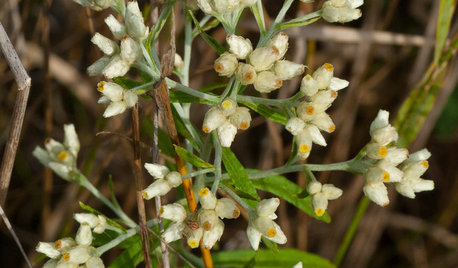
GARDENING GUIDESGreat Design Plant: Pseudognaphalium Obtusifolium, or Rabbit Tobacco
This late-blooming native annual, also known as sweet everlasting, adds spontaneity to landscapes in the eastern United States
Full Story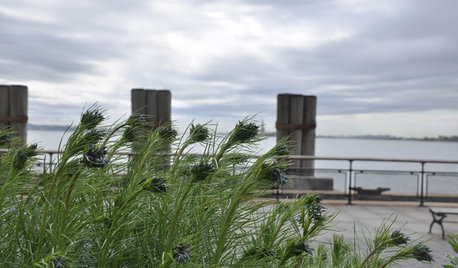
GOLD FOLIAGEGreat Design Plant: Hubricht's Bluestar
Billowy, willowy, and with blooms in three seasons, Bluestar makes a cooling, breezy impression in the landscape
Full Story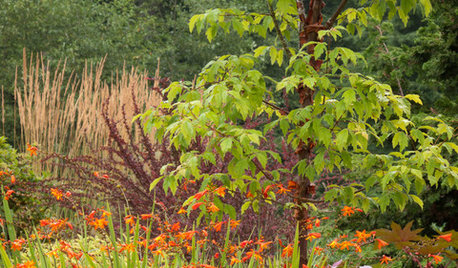
GARDENING GUIDESGreat Design Plant: Paperbark Maple
With fall foliage like a sunset and bark the color of cinnamon, this tree is a highlight of the landscape
Full Story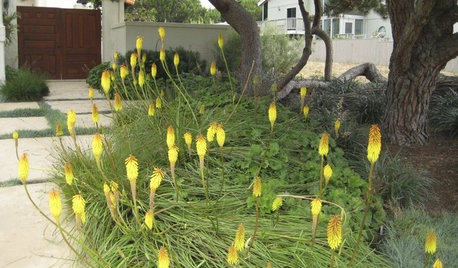
GARDENING GUIDESGreat Design Plant: Red-Hot Poker
You'll carry a torch for these spiky plants once you discover how their fiery-hued flowers can light up a landscape
Full Story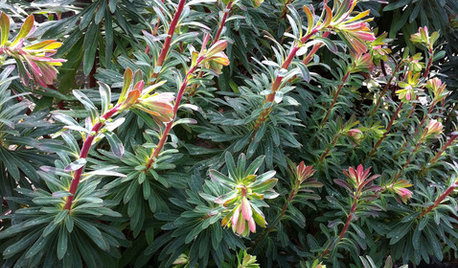
GARDENING GUIDESGreat Design Plant: Euphorbia
The daring colors and low water needs of this tropical plant make it a favorite for injecting life into tired landscapes year-round
Full Story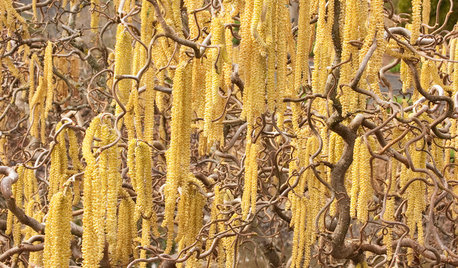
GARDENING GUIDESGreat Design Plant: Harry Lauder's Walking Stick
"Gnarly" is a compliment here — a twisted form and yellow catkins make this plant unforgettable in the winter landscape
Full Story


Herb
mich_in_zonal_denial
Related Discussions
Landscape Architect career vs Landscape Design
Q
Midwest Gardeners/Landscapers-Sale on Landscape Fabric at Menards
Q
Experiment: 5:1:1 mix vs coconut vs universal soil vs garden soil
Q
Please help with drainage and landscape on affordabl mid century condo
Q
edzardOriginal Author
Herb
RckyM21
edzardOriginal Author
inkognito
edzardOriginal Author
Herb
edzardOriginal Author
Herb
edzardOriginal Author
Herb
edzardOriginal Author
John_D
edzardOriginal Author
Herb
John_D
asuka
inkognito
edzardOriginal Author
Herb
edzardOriginal Author
Herb
John_D
Cady
edzardOriginal Author
Lee_ME
nachodaddy
coachsmyth
crashboxsus
edzardOriginal Author
inkognito
coachsmyth
inkognito
edzardOriginal Author
BartolemeiAleksei
Herb
Herb
mich_in_zonal_denial
coachsmyth
inkognito
coachsmyth
Herb
SilverVista
mich_in_zonal_denial
inkognito
gregoryjohn
edzardOriginal Author
didgeridoo